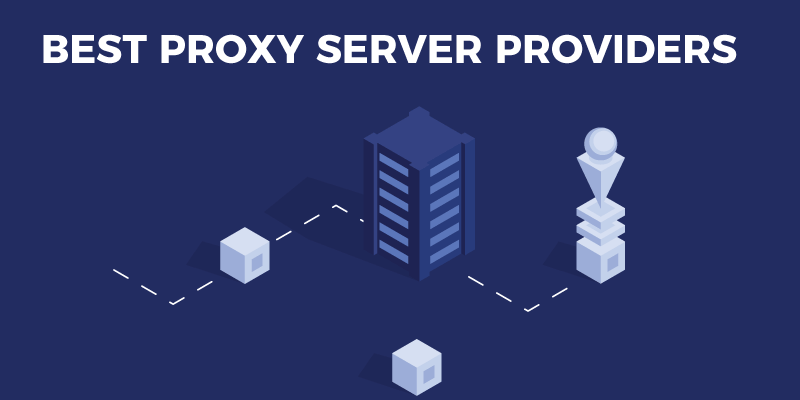In today’s rapidly evolving technological landscape, businesses are under increasing pressure to deliver software solutions quickly and efficiently. Traditional software development approaches often face challenges in terms of collaboration, communication, and efficiency.
This is where software development outsourcing services come into play, offering a solution that can address these challenges. By outsourcing, companies can tap into global talent, enhance collaboration through specialized teams, and achieve greater efficiency, allowing for faster and more effective software development.
To address these issues, the concept of DevOps has gained significant traction. DevOps is a cultural and operational framework that aims to bridge the gap between development and operations teams, fostering collaboration, automating processes, and improving overall efficiency. This article explores the rise of DevOps and its impact on software development practices.
Understanding DevOps
DevOps is a combination of “development” and “operations.” It focuses on breaking down silos between development, operations, and other cross-functional teams involved in software delivery.
The main goal of DevOps is to create a culture of collaboration, communication, and shared responsibility, enabling teams to deliver high-quality software at a faster pace. Lemon io excels in DevOps, connecting startups with developers who promote collaboration and streamlined software delivery, enabling faster, high-quality releases and continuous innovation.
Key Principles of DevOps
DevOps is guided by several key principles that shape its implementation. These principles include:
- Collaboration and Communication: DevOps emphasizes the need for effective collaboration and communication between development, operations, and other teams. By breaking down barriers and fostering a shared sense of ownership, teams can work together more seamlessly.
- Automation: Automation plays a crucial role in DevOps. By automating repetitive tasks, such as code deployment, testing, and infrastructure provisioning, teams can save time, reduce errors, and streamline the software delivery process.
- Continuous Integration and Continuous Delivery (CI/CD): CI/CD is a fundamental aspect of DevOps. It involves integrating code changes frequently and delivering them to production quickly and reliably. This approach enables teams to detect and fix issues early, resulting in more stable and robust software.
- Infrastructure as Code: Infrastructure as Code (IaC) is a practice that treats infrastructure provisioning and management as software. By using tools like configuration management and infrastructure automation, teams can manage and version infrastructure in a controlled and reproducible manner.
Benefits of DevOps
The adoption of DevOps brings numerous benefits to software development teams and organizations as a whole. Some of the key benefits include:
- Increased Collaboration: DevOps breaks down traditional silos, fostering collaboration between teams. Developers, operations professionals, quality assurance specialists, and other stakeholders work together towards a common goal, sharing knowledge and leveraging each other’s expertise.
- Improved Efficiency: By automating manual tasks and streamlining processes, DevOps improves efficiency in software development. Teams can deliver software faster, detect and fix issues more quickly, and respond to customer feedback in a timely manner.
- Enhanced Quality: DevOps practices, such as continuous integration and continuous delivery, promote frequent testing and feedback loops. This results in higher software quality, as issues are identified and addressed early in the development lifecycle.
- Faster Time to Market: With DevOps, organizations can accelerate their time to market for software products and features. By shortening development cycles, automating processes, and enabling faster feedback loops, teams can quickly respond to market demands and stay ahead of the competition.
Challenges and Considerations
While the benefits of DevOps are evident, organizations should be aware of the challenges and considerations associated with its implementation. Some common challenges include:
- Cultural Shift: DevOps requires a cultural shift within the organization. It may involve changes in mindset, breaking down existing silos, and promoting a collaborative and accountable work culture. Organizations need to invest in training, communication, and change management to facilitate a smooth transition.
- Tooling and Automation: Adopting DevOps often requires implementing new tools and technologies to support automation and collaboration. Organizations should carefully evaluate and select appropriate tools that align with their specific needs and integrate well with existing systems.
- Security and Compliance: With the increased automation and rapid pace of software delivery, security and compliance can become more challenging. Organizations need to implement robust security measures, perform regular audits, and ensure compliance with relevant regulations.
- Skills and Expertise: DevOps practices demand a specific skill set and expertise. Organizations may need to invest in training or hiring individuals with knowledge in areas such as automation, infrastructure management, and continuous integration and delivery.
Conclusion
DevOps has emerged as a powerful approach for enhancing collaboration and efficiency in software development. By fostering collaboration, automating processes, and embracing continuous integration and delivery, organizations can achieve faster time to market, improved software quality, and increased customer satisfaction.
However, the successful adoption of DevOps requires careful planning, cultural transformation, and the right tools and skills. As the demand for faster and more reliable software delivery continues to grow, DevOps will remain a critical enabler for businesses seeking to stay competitive in the ever-evolving tech landscape.











